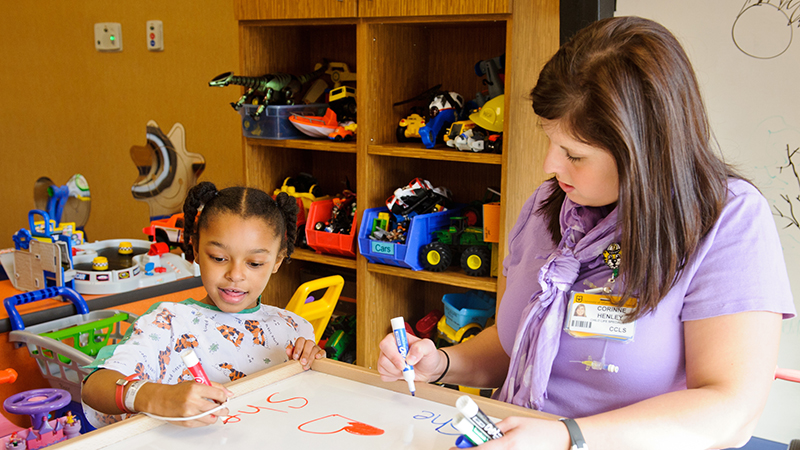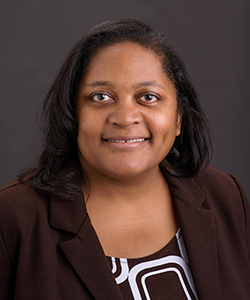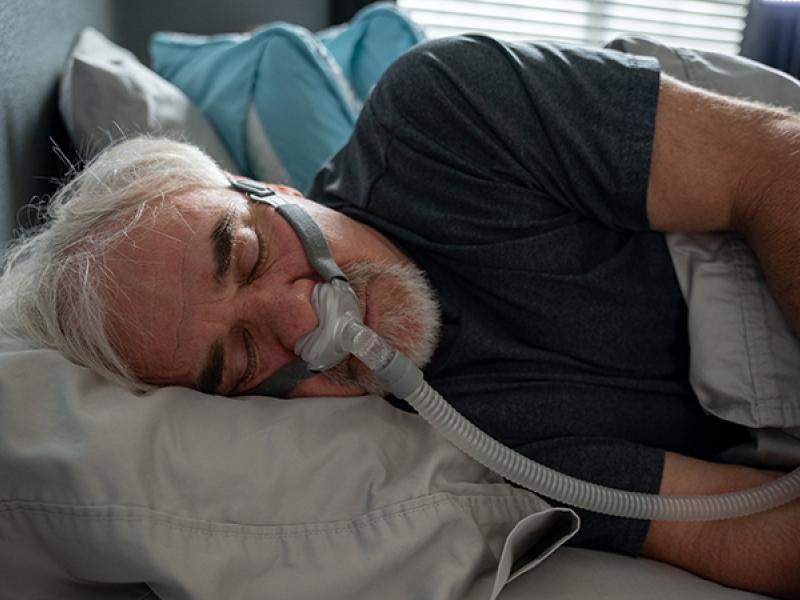
Funding will promote healthy social and emotional development
A University of Missouri School of Medicine researcher will receive a $2 million grant from the Missouri Department of Elementary and Secondary Education to promote the healthy social and emotional development of Missouri children.

Laine Young-Walker, MD, chair of the Department of Psychiatry, is the grant’s principal investigator and oversees the Center for Child Well-Being, which will implement an Infant and Early Childhood Mental Health Initiative and provide consultation to childcare directors and professionals in Missouri to support the social and emotional development of children in their care.
“We hope this program will provide a valuable resource to childcare professionals that will not only equip them with the tools they need to support the social and emotional behaviors of the children in their care but will decrease the incidence of misbehaviors that lead to children being removed from programs,” Young-Walker said.
Young-Walker believes this program will have a positive impact on families in Missouri by reducing the risk of children being removed from a care facility, which can pose a challenge for parents in trying to continue to work.
“This is an issue that not only affects the stability of Missouri families, but can impact the economy as well,” Young-Walker said.
The new funding will enable the center to provide the necessary consulting and multi-tiered support system needed for early care and education professionals to create nurturing and supportive environments, promote family engagement and healthy social and emotional development, and address all factors that can impact a child’s behavior.
“By addressing challenging behaviors in early childhood, we can build a firm foundation for the future mental health and overall well-being of toddlers and preschoolers so they can thrive in school, relationships, and society,” said Karen Washer, Director of the Infant & Early Childhood Mental Health Initiative.
The grant funding runs through September 2025, but Young-Walker hopes additional funding will allow the center to continue this mission well into the future.





